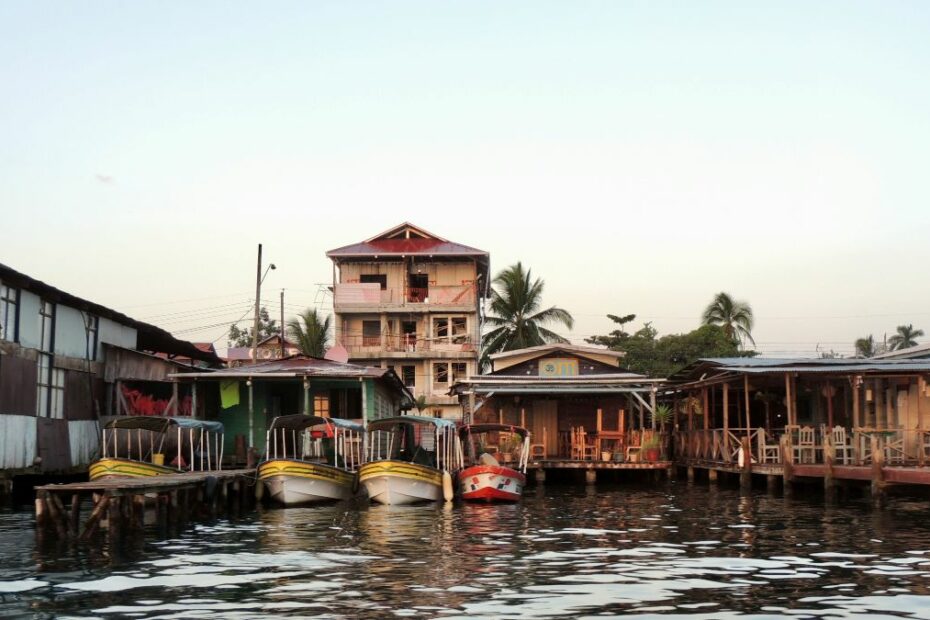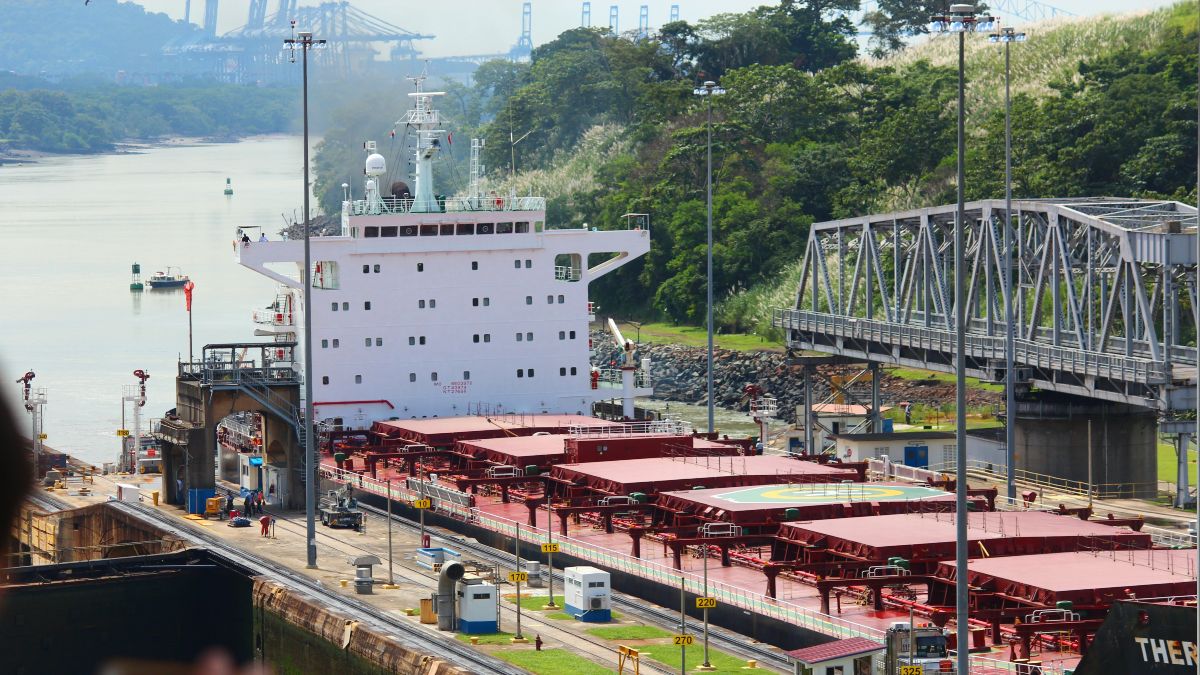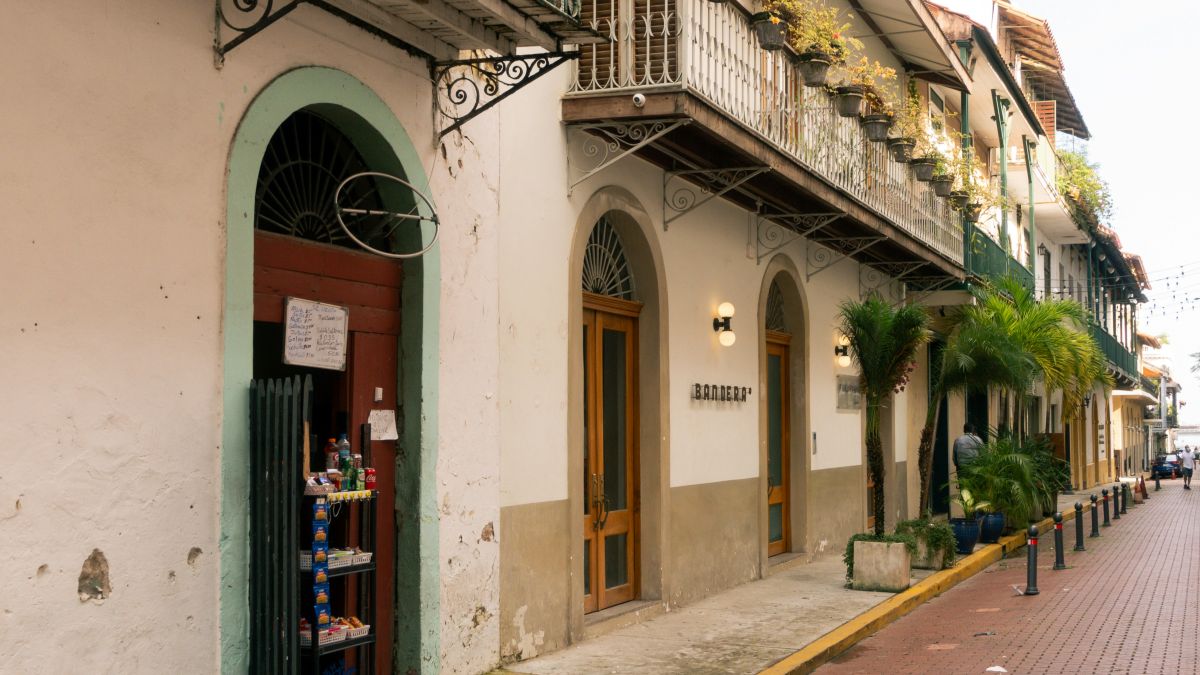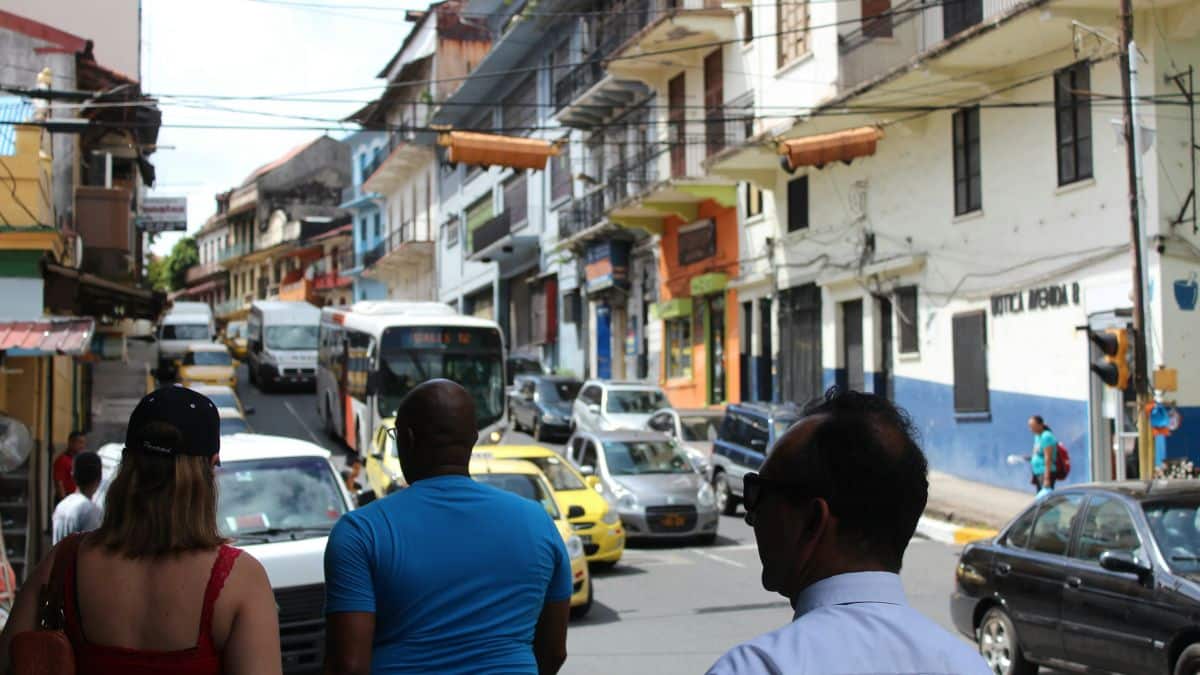Panama extends its crackdown on crime with a new curfew in Bocas del Toro, echoing recent security measures elsewhere in the country.
In a series of measures to tackle escalating crime and drug trafficking in Panama, President José Raúl Mulino has announced the implementation of curfews across several regions of the country. The latest area to be affected is the popular tourist destination of Bocas del Toro, where a nighttime curfew for minors is set to begin next week, on Monday, September 9.
Expanding Curfew Measures
The curfew in Bocas del Toro follows similar restrictions imposed in late August in the Caribbean province of Colón and the San Miguelito district near Panama City. These earlier curfews are in effect from 9:00 PM to 5:00 AM.
President Mulino justified the measures, stating, “The crime rate in Bocas del Toro is very high. It is one of the provinces that leads the statistics in terms of crime, murders and drug trafficking.” He emphasized that Panamanian gangs are now working for international criminal organizations from Mexico and Venezuela.
Bocas del Toro, on the Caribbean side of Panama and close to the Costa Rican border, is know for its tropical islands and is a favorite among foreign tourists. Many travelers visit Bocas from Costa Rica, either as a way to enter Panama or on visa runs or other short trips. However, authorities fear it may also serve as a refuge for fugitives from other countries.
The curfews in Colón and San Miguelito, both densely populated areas, aim to “clean up streets, avenues and more remote areas” from drug trafficking and crime, according to President Mulino.
“Si veo que no está funcionando como debe subiré el volumen… y vendrán acciones más fuertes”, señala el presidente Mulino sobre la medida de toque de queda en Colón.
Anunció que se incluirá a Bocas del Toro.https://t.co/CrK0zI76Uo pic.twitter.com/h5aaWAFLvp— La Prensa Panamá (@prensacom) September 5, 2024
Rising Crime and Drug Trafficking Concerns
Panama has seen a worrying increase in drug-related incidents and homicides. In 2023, authorities seized 119 tons of drugs, down from a record 138 tons in 2022. However, the country continues to serve as a key transit point for cocaine from South America, destined for the United States and, increasingly, Europe.
Recent weeks have seen dozens of arrests, including police officers and the son of a lawmaker, for alleged links to gangs or drug trafficking.
On August 30, the U.S. Embassy in Panama City issued a notice advising American citizens about the curfews in San Miguelito and Colón. The advisory urges U.S. citizens to practice vigilance, avoid large crowds and protests, and shelter in place when necessary during curfew hours.
Government’s Stance
President Mulino has threatened more possible crackdowns in the future, warning, “If I see that there is no cooperation or that the curfews are not working as they should, I will raise the volume and we will apply stronger actions.”
The effectiveness of these measures remains to be seen, with the president requesting a detailed report from the Minister of Security on the impact of the ongoing curfews.
“The situation is critical,” he said. “We need to accurately assess the current results before considering further action. I hope things improve, but until I have the final report, I cannot confirm whether we are making progress or not.”
The coming weeks will be crucial in determining these measures impact on crime rates in the affected regions.



